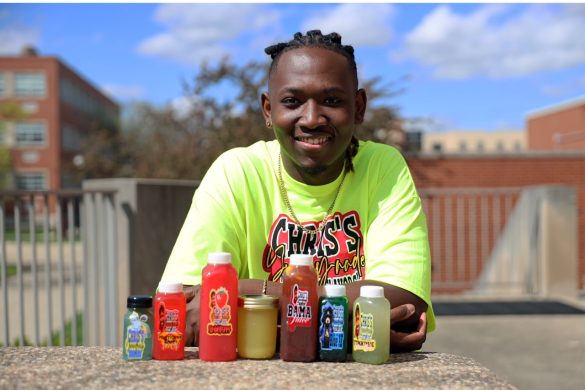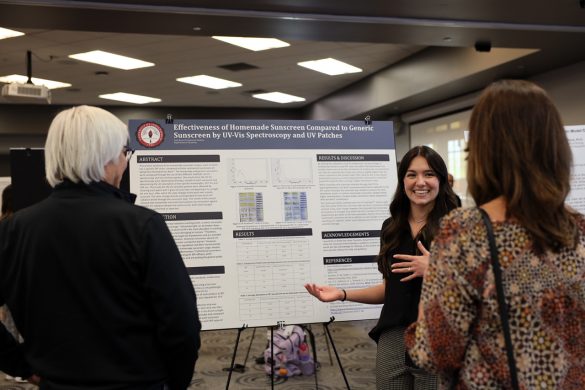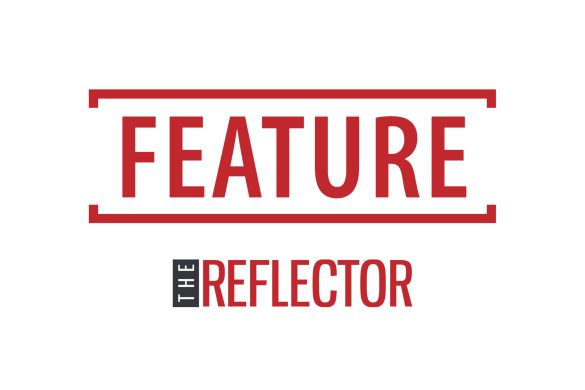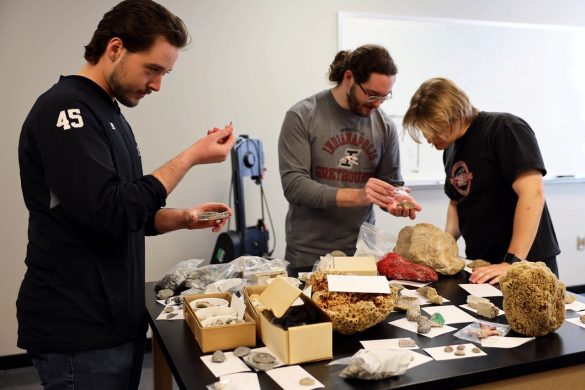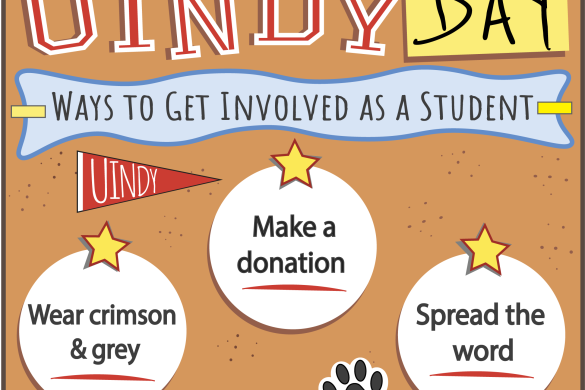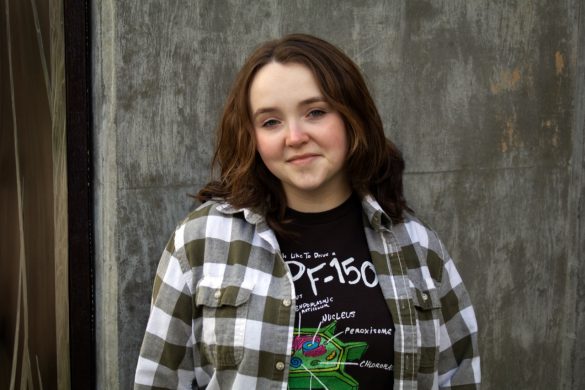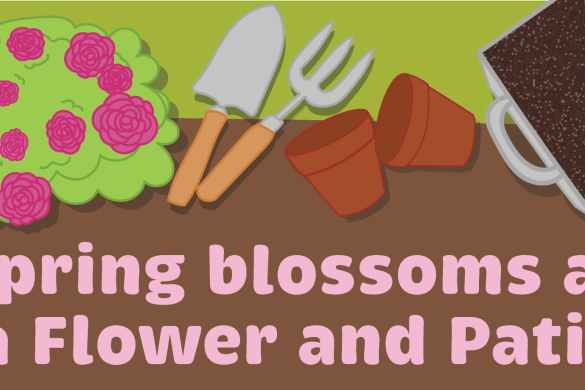
The Student Counseling Center at the University of Indianapolis provides a variety of groups and workshop services for students, according to the university’s website. One of these groups is the Rainbow Pack, a drop-in support group for LGBTQ students. According to the group’s Facilitator and Diversity and Inclusion Liaison Alyssa Alonso, the group had been going on for several semesters before she took over.
The idea for the Rainbow Pack originated from identifying that individuals who are in the minority for sexual orientation or gender identity have different life and on-campus experiences, Alonso said. The group addresses these differences and provides support, she said.
“The support group is really about getting individuals connected to other people who identify within that community, processing through some of their mental health concerns, as well as just kind of exploring different topics and how their experiences on campus and throughout their lives are impacted by their sexual orientation and gender identity,” Alonso said.
One of the difficulties that an LGBTQ student might experience on campus is deciding if they are going to come out to a class, whether that happens publicly in class participation or privately through assignments, Assistant Professor in the College of Applied Behavioral Sciences Michael Poulakis said. They also have to decide how to respond when they hear disparaging or negative comments about the LGBTQ community, he said, and these issues can result in anxiety, depression and loneliness.
“For many of them [LGBTQ students], college provides a safe space for them to talk about these issues,” Poulakis said. “You don’t know what is happening back home, you don’t know if they have a safe space to talk, to have a sense of community.”
Students having a space where they feel comfortable enough to be themselves is one benefit that Alonso has seen result from the group. She said she has also seen an establishment of community through the consistency in which people are attending and opening up to the group.
“Personally, and what I have observed, the fact that people continue to attend the group is really indicative that they’re receiving some benefit from it,” Alonso said. “It always surprises me how willing people are to be vulnerable, and really lean in to talking about some issues, which can be very challenging and difficult for them.”
Alonso said that she usually begins a session by having everyone share their highs and lows of the week before moving on to discussing specific needs. Issues that have been discussed in the group before include heteronormativity, gender roles, the coming out process and the intersection between religion and gender or sexual orientation, Alonso said.
It is going to be uncomfortable and scary the first time attending a session, Alonso said, but anyone considering attending a Rainbow Pack meeting should consider their mental health needs. She said she encourages people looking for support from both a professional and members of their community to attend. If they are concerned about the group aspect, they can contact the Counseling Center and speak with Alonso about their concerns, she said.
“Meeting new people, especially when you’re specifically identifying in one of these marginalized groups, can be uncomfortable and scary,” Alonso said. “The group is specifically created to be an affirmative and safe space where we protect confidentiality. So even if the person is not out, or only partially out, this would still be a safe space for them.”
Going to a support group allows people to release the negativity they have been holding in, Poulakis said. As long as there is confidentiality, it is one of the best ways for somebody to process their identity and the feelings associated with it, he said. Poulakis said he believes that the more they talk about it, the better it gets.
“I think when you go to a process group, when you go to a support group, you find people that are there in your corner and that they accept you and they love you for who you are,” Poulakis said. “No judgments, no assumptions. I think to me, that’s the biggest weapon, that’s the biggest thing you can do to protect yourself and enjoy your undergraduate or graduate life.”
People who identify with a minority sexual orientation or gender identity have been historically stigmatized by our culture, Alonso said. Rainbow Pack is important because it addresses the needs of LGBTQ students, she said.
“Rainbow Pack is a critical component of our campus, because it allows the individuals to be seen, and for their mental health care needs to be met in a way that is affirmative and specific for them,” Alonso said.
The Rainbow Pack meets on Wednesdays from 1-1:50 p.m. in the Student Counseling Center, according to UIndy’s website.
